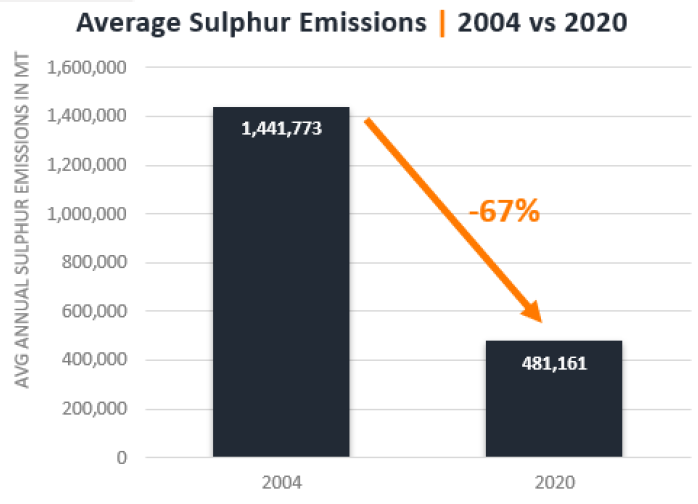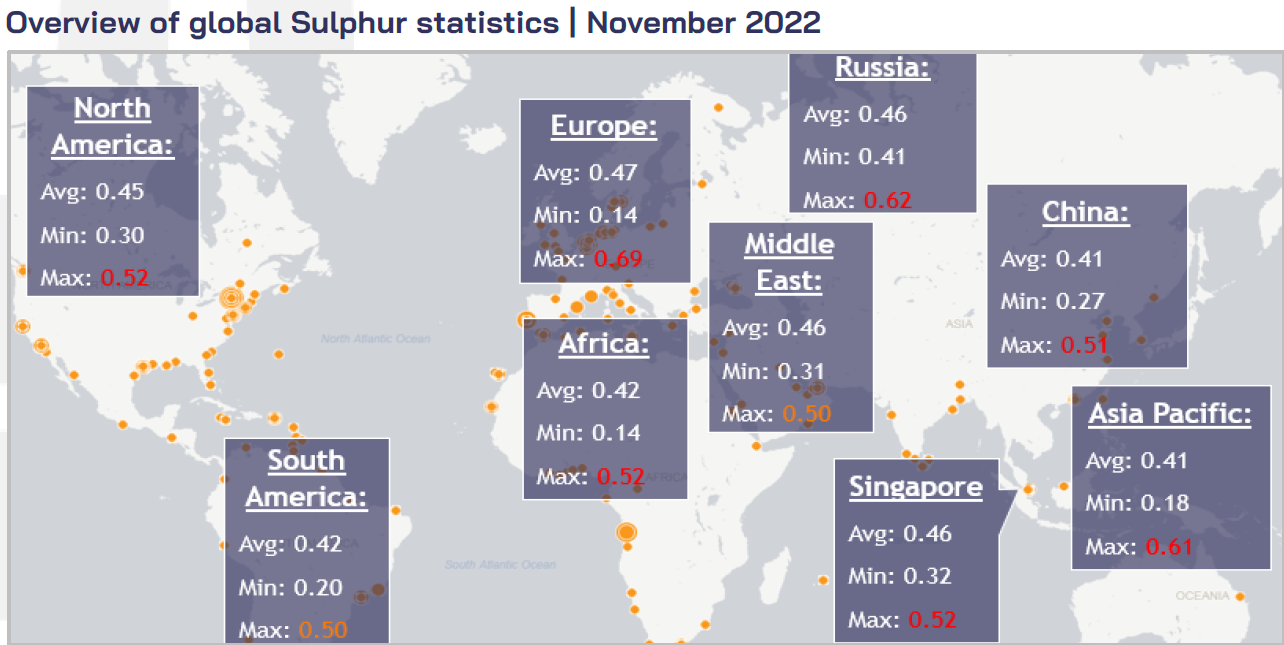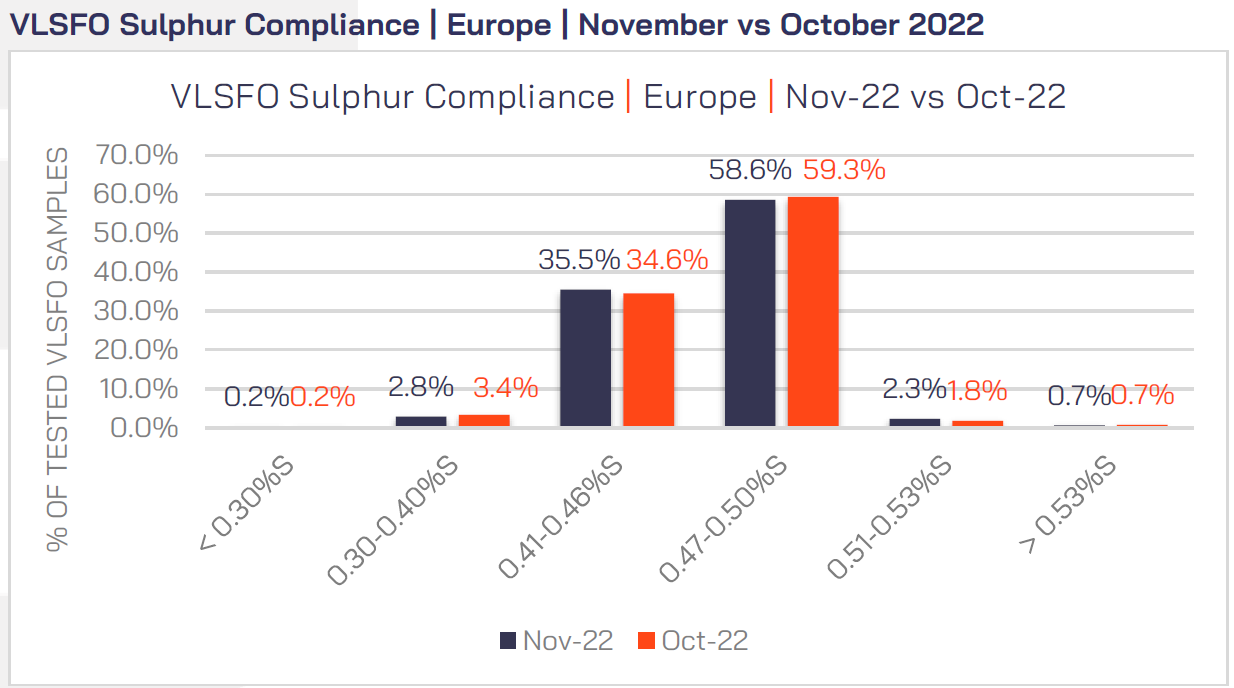Further sulphur Emissions reduction action
Following the adoption of the resolution MEPC.361(79) of establishing a Mediterranean Emission Control Area (ECA) for sulphur oxides and particulate matter from 1st May 2025, by the IMO’s Marine Environment Protection Committee, it has been reported, the European Commission has welcomed this action to further tighten sulphur emissions from shipping.
The Commission claims that by limiting the sulphur content to 0.10% within marine fuels, or use an exhaust gas cleaning system, the Mediterranean ECA, will eventually cut sulphur emissions by almost 80% and particulate matter by 25%, providing considerable health benefits to the environment and improve human health.
Estimations suggest approximately 300,000 premature deaths per year are attributable to air pollution in the EU and this latest ECA could see a reduction of at least 1,000 premature deaths and a drop in child asthma cases by 2,000 per year within the Mediterranean basin.
In addition to this news, Israel’s government have recently announced they will impose a 0.10% sulphur limit for ships entering Israeli ports and designated anchorage areas as soon as February 2023. All of which further adds to the reduction of shipping’s emissions and improving our environment.
Back in January 2021, VPS compared the impact of the IMO introduction of MARPOL Annex VI back in 2005 to the sulphur levels tested by VPS in 2020 reporting an incredible 67% reduction in sulphur oxide emissions from global shipping over that time period:

However, towards the end of 2022, VPS testing and reporting showed that VLSFO sulphur off-specification fuels were still being delivered across most regions of the world:

Global VLSFO sulphur non-compliance during the final quarter of 2022, remained relatively constant at 1.2% for all VPS-tested VLSFO stems. Focusing on Europe, we can see in the graphic below that 3% of all VLSFOs bunkered in the region showed a sulphur level of >0.50%, with 0.7% being >0.53%:

There is firm scientific evidence that reducing the sulphur content of marine fuels is having and will continue to have, a positive impact upon human health and the environment.
Whilst there is now an additional environmental focus for the world’s shipping fleet to reduce carbon dioxide and green house gas emissions, the testing of sulphur levels within marine fuels, should always be a key priority for ship owners and operators, in order to ensure their fuel is compliant to not only the global cap, but the everincreasing ECA regions across the world.
To find out more on how VPS can help you with your marine fuel management, please contact technical@vpsveritas.com or contact your local VPS Office & Account Manager.
 Search
Search
 Customer
Customer